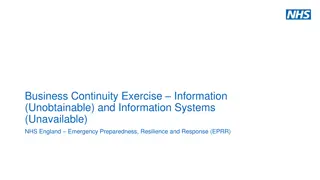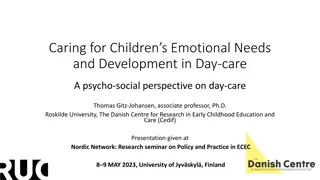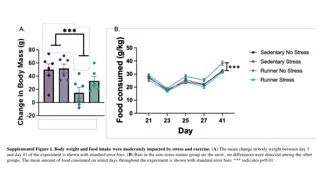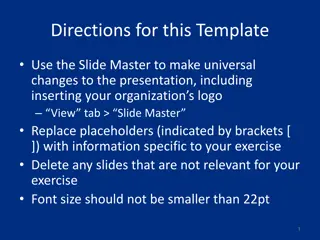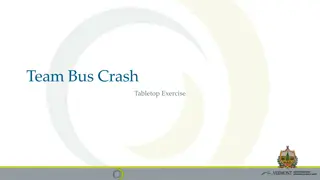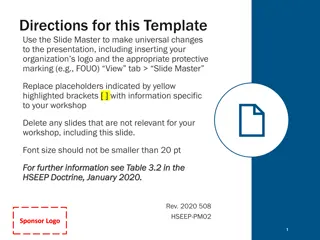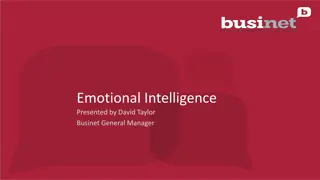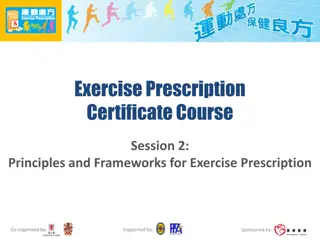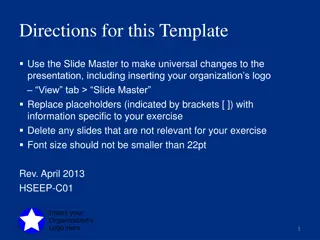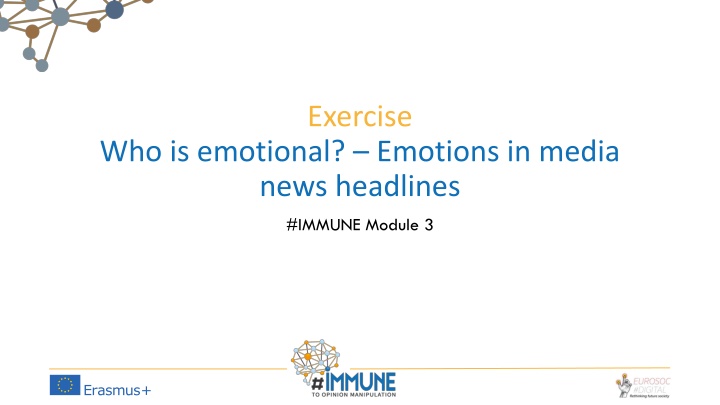
Analyzing Emotional Communication in Media Headlines
Explore the impact of emotional strategies in media headlines on readers, ethical implications, and societal consequences. Understand the distinction between instinctive and rational thinking systems in emotional communication.
Download Presentation

Please find below an Image/Link to download the presentation.
The content on the website is provided AS IS for your information and personal use only. It may not be sold, licensed, or shared on other websites without obtaining consent from the author. If you encounter any issues during the download, it is possible that the publisher has removed the file from their server.
You are allowed to download the files provided on this website for personal or commercial use, subject to the condition that they are used lawfully. All files are the property of their respective owners.
The content on the website is provided AS IS for your information and personal use only. It may not be sold, licensed, or shared on other websites without obtaining consent from the author.
E N D
Presentation Transcript
Exercise Who is emotional? Emotions in media news headlines #IMMUNE Module 3
Who is emotional? Instructions: In this exercise, you will analyze a set of media headlines from various outlets, identifying the emotional strategies used and evaluating the potential impact on readers. You will consider whether the headlines prioritize engagement over information and explore the ethical implications of such strategies in media communication. After that, we will discuss possible societal implications of such strategies.
What is emotional communication? Emotionality and superficiality According to Kahnemann and Tversky 2011, two human thinking systems: Instinctive and emotional thinking system 1: fast, automatic, always active, emotional, stereotyping, unconscious. Rational and logical thinking system 2: slow, exhausting, rarely active, logical, calculating, conscious.
Exercise Analyze the headlines for the emotions they convey, the potential impact on readers, and whether the headlines seem to prioritize engagement over information. Prepare a short presentation of your results.
Who is emotional? Take-aways 1. The Internet with its speed, directness and overload of information activates the instinctive and emotional thinking system 1. Accordingly, we react emotionally to the content and are also addressed by emotional presentations. 2. At the same time, we do not delve deeper into the information, do not question it, do not research other points of view, and do not compare it with our own value system, because we are already confronted with the next stimulus.

